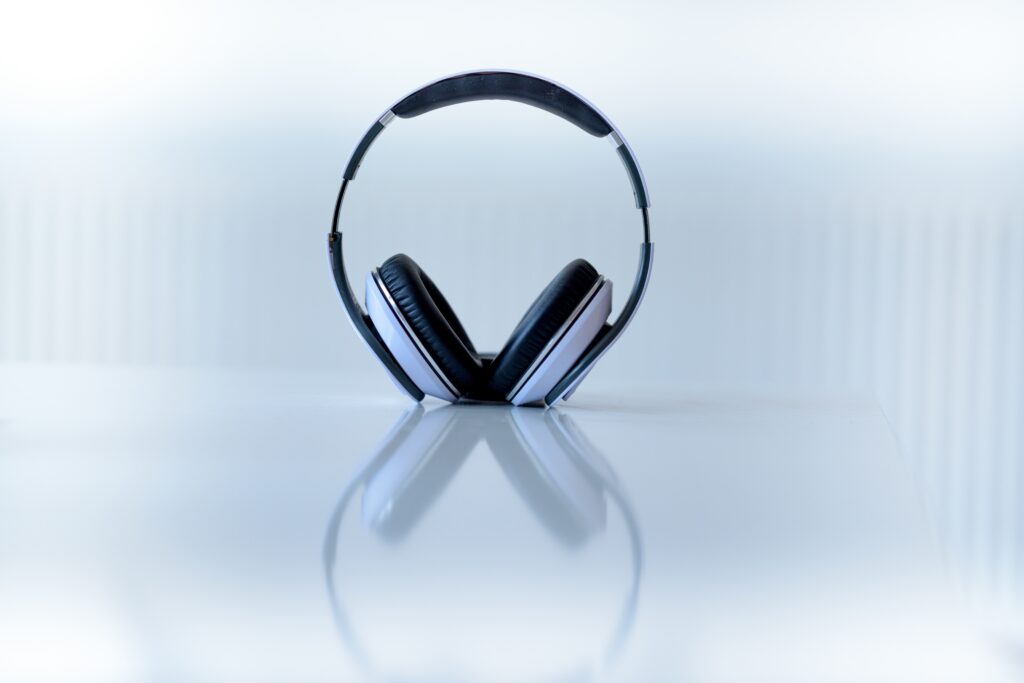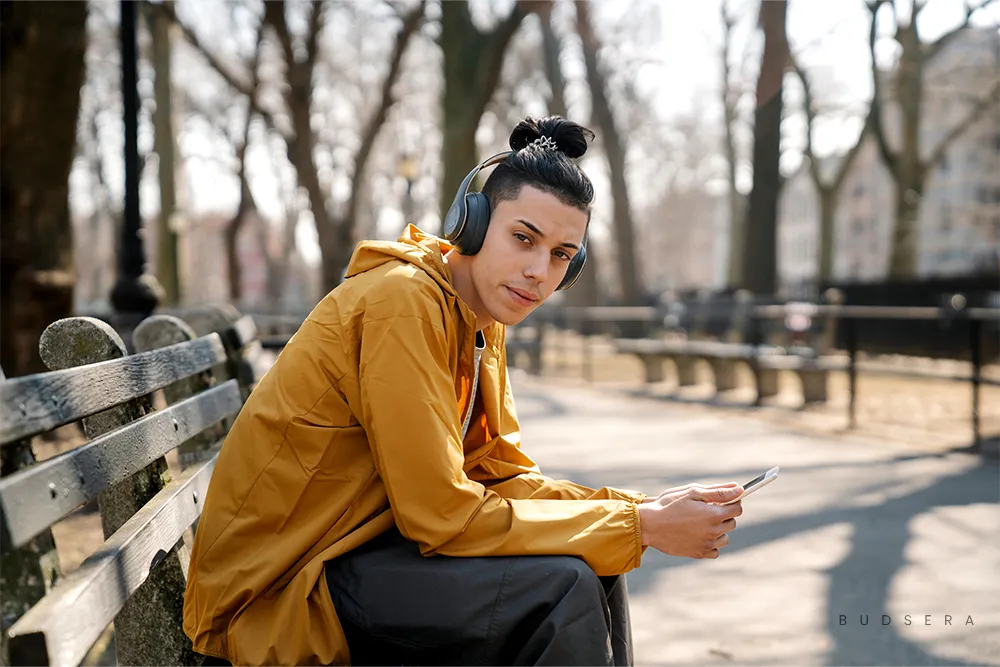As the winter months approach, we often find ourselves using our headphones more frequently to combat the cold and enjoy our favorite tunes or podcasts.
However, have you ever noticed that your Bluetooth headphones seem to have a harder time connecting or maintaining a connection in the cold? It’s a common concern and one that we aim to address in this blog.
Whether you’re an avid music lover or just looking for a reliable way to stay connected, we’ll explore the science behind Bluetooth connectivity and the cold, and provide tips for ensuring optimal performance in any weather.
Let’s delve into the world of Bluetooth headphones and discover the truth about the impact of the cold on their connectivity.
Does Weather Affect The Bluetooth Connection?
It’s a common misconception that the weather can have a direct impact on the Bluetooth connection between your headphones and your device.
However, the truth is that the weather, including cold temperatures, has no direct effect on the Bluetooth signal.
The Bluetooth technology itself is designed to operate within a specified temperature range, which covers the majority of typical weather conditions, including extreme heat and cold. So, while it may seem like the cold is to blame for a less-than-stellar Bluetooth connection, it’s most likely due to another factor that we’ll delve into later.
Now, while the weather itself may not affect Bluetooth connectivity, it can have an indirect impact on the performance of your headphones. For example, if your headphones are not rated for cold temperatures and you use them in extremely cold weather, the batteries may not function optimally, leading to a weaker signal. But, don’t worry, there are simple solutions to these types of issues that we’ll discuss in the upcoming sections.

What Affects Bluetooth Connectivity?
Bluetooth connectivity can be impacted by a variety of factors, not just the weather. Here are some common issues that can affect Bluetooth connectivity:
Distance
The range of Bluetooth is limited, and the signal strength decreases as the distance between the device and the headphones increases.
Interference
Bluetooth signals can be disrupted by other wireless devices, such as Wi-Fi networks, microwave ovens, and cordless phones.
Obstacles
Solid objects, such as walls, can weaken or block the Bluetooth signal.
Battery life
If the batteries in your headphones or device are low, the Bluetooth signal may be weakened.
Software updates
Sometimes software updates can cause compatibility issues between your device and your headphones, leading to a disrupted Bluetooth connection.
Device Compatibility
Some devices may not be compatible with certain types of headphones, which can lead to a weak or disrupted Bluetooth connection.

How To Protect Headphones In Extreme Cold Temperatures?
As we mentioned earlier, while the cold weather itself may not impact Bluetooth connectivity, it can have an indirect effect on the performance of your headphones. Here are some easy and unique steps to protect your headphones in extremely cold temperatures:
Store Your Headphones In a Warm Place Before Use
Before you head outside with your headphones, make sure to store them in a warm place for at least a few minutes. This will help to prevent any damage to the batteries caused by the sudden change in temperature.
Invest In a Weather-Resistant Carrying Case
A weather-resistant carrying case will not only protect your headphones from the cold, but also from other elements such as rain and snow. Look for a case that is designed specifically for your type of headphones.
Keep Your Device Close to Your Body
The range of Bluetooth is limited, so keep your device close to your body to minimize the distance the signal has to travel. This will help to prevent any dropouts or disruptions in the signal.
Wear a Hat
If you’re wearing your headphones for an extended period in the cold, consider wearing a hat to protect your ears from the cold wind. This will not only keep you warm but will also prevent any damage to your headphones caused by exposure to the cold.
Use Ear Warmers
If you’re going to be using your headphones in extremely cold temperatures, consider using Ear warmers to keep your Ears and device warm. This will help to prevent any damage to the batteries caused by the cold.
Consider Using Water-Resistant Headphones
Another great way to protect your headphones in extreme cold temperatures is to invest in a pair of water-resistant headphones. These headphones are designed to withstand not only the cold, but also rain, snow, and other elements. They typically have a higher degree of durability and are less likely to be damaged by the cold.
When choosing water-resistant or waterproof headphones, look for the IPX rating, which stands for “Ingress Protection” and ranges from 0 to 8, with 8 being the most water-resistant. This rating will give you an idea of how well the headphones will perform in different weather conditions.
Keep Your Headphones Dry
Moisture can accumulate on your headphones and cause damage, so it’s important to keep them as dry as possible. Wipe them down regularly with a soft cloth and consider using a moisture-absorbing pack to prevent moisture buildup.
By following these simple steps, you can protect your headphones and ensure optimal performance in any weather
Verdict
While cold weather can impact Bluetooth connectivity, it is not the only factor that can affect it. By following the tips for protecting your headphones in extremely cold temperatures, such as choosing water-resistant or waterproof-rated headphones, keeping them dry, and avoiding exposure to direct heat, you can help ensure a reliable and uninterrupted listening experience.
Further, by understanding other common issues that can impact Bluetooth connectivity, such as distance, interference, battery life, software and firmware updates, and damaged components, you can take steps to resolve any connectivity issues and enjoy your music, podcasts, and other audio content with ease.
- Charging Bluetooth Headphones During Use: Is It Possible? - January 9, 2024
- Why Over-Ear Headphones Best for Hearing Health? (7 Reasons) - December 12, 2023
- Fixing the Bose Earbuds Not Charging in Case Problem: Solutions That Work - November 24, 2023
